
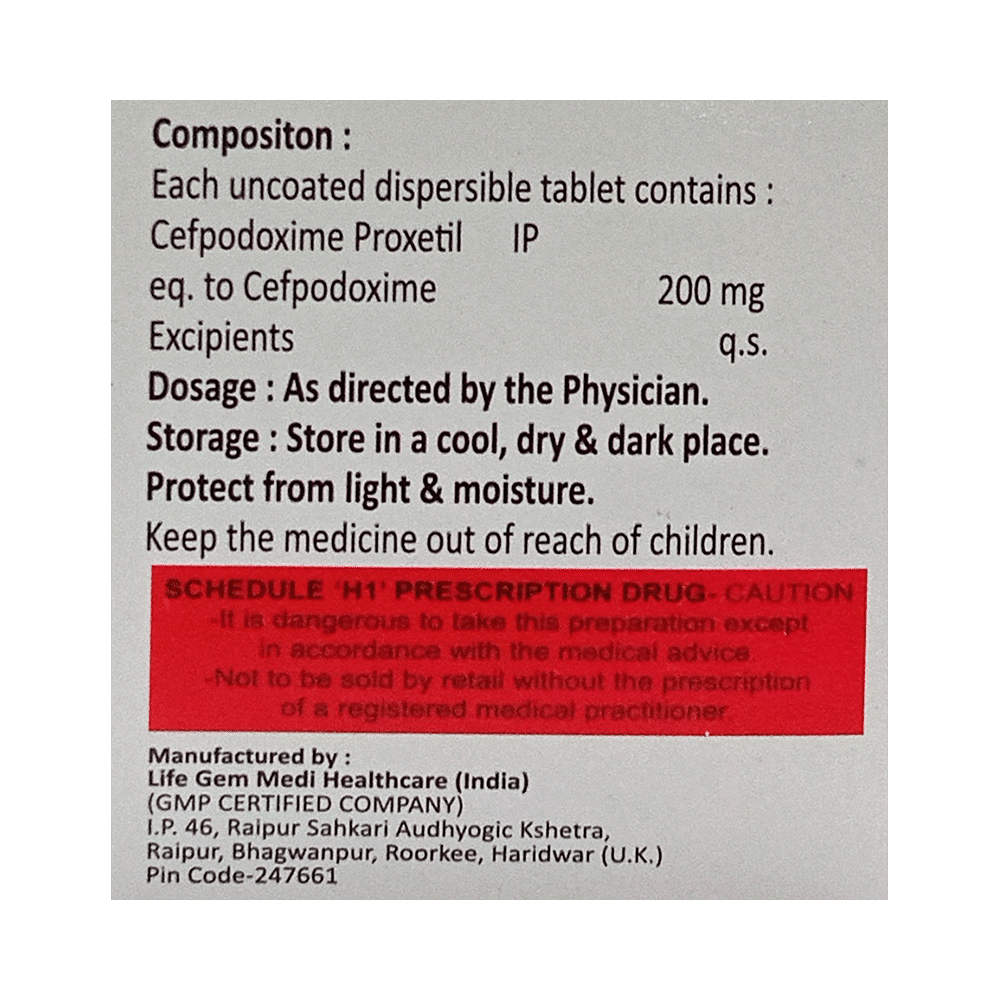
Xtagem 200 Tablet
Manufacturer
Eright Healthcare
Salt Composition
Cefpodoxime Proxetil (200mg)
Key Information
Short Description
Xtagem 200 Tablet is an antibiotic medicine used to treat bacterial infections in your body.
Dosage Form
Tablet
Introduction
Xtagem 200 Tablet should be taken with food. You should take it regularly at evenly spaced intervals as per the schedule prescribed by your doctor. Taking it at the same time every day will help you to remember to take it. The dose will depend on what you are being treated for but you should always complete a full course of this antibiotic as prescribed by your doctor. Do not stop taking it until you have finished even when you feel better. If you stop taking it early some bacteria may survive and the infection may come back. It will not work for viral infections such as flu or the common cold. Using any antibiotic when you do not need it can make it less effective for future infections.
Directions for Use
Take this medicine in the dose and duration as advised by your doctor. Swallow it as a whole. Do not chew, crush or break it. Xtagem 200 Tablet is to be taken with food.
Safety Information
Side Effects
No common side effects listed.
Alcohol Warning
Consuming alcohol with Xtagem 200 Tablet does not cause any harmful side effects.
Breastfeeding Warning
Xtagem 200 Tablet is safe to use during breastfeeding. Human studies suggest that the drug does not pass into the breastmilk in a significant amount and is not harmful to the baby. Avoid prolonged use of Xtagem 200 Tablet, since it may have possible effects such as rash and diarrhea.
Pregnancy Warning
Xtagem 200 Tablet is generally considered safe to use during pregnancy. Animal studies have shown low or no adverse effects to the developing baby; however, there are limited human studies.
Interacting Medicines
Magaldrate Sodium Bicarbonate
How it works
Xtagem 200 Tablet is an antibiotic. It kills the bacteria by preventing them from forming the bacterial protective covering (cell wall) which is needed for them to survive.
Quick Tips
Your doctor has prescribed Xtagem 200 Tablet to cure your infection and improve your symptoms. Do not skip any doses and finish the full course of treatment even if you feel better. Stopping it early may make the infection harder to treat. Discontinue Xtagem 200 Tablet and inform your doctor immediately if you get a rash itchy skin swelling of face and mouth or have difficulty in breathing. Diarrhea may occur as a side effect but should stop when your course is complete. Inform your doctor if it does not stop or if you find blood in your stools.
Related Medicines
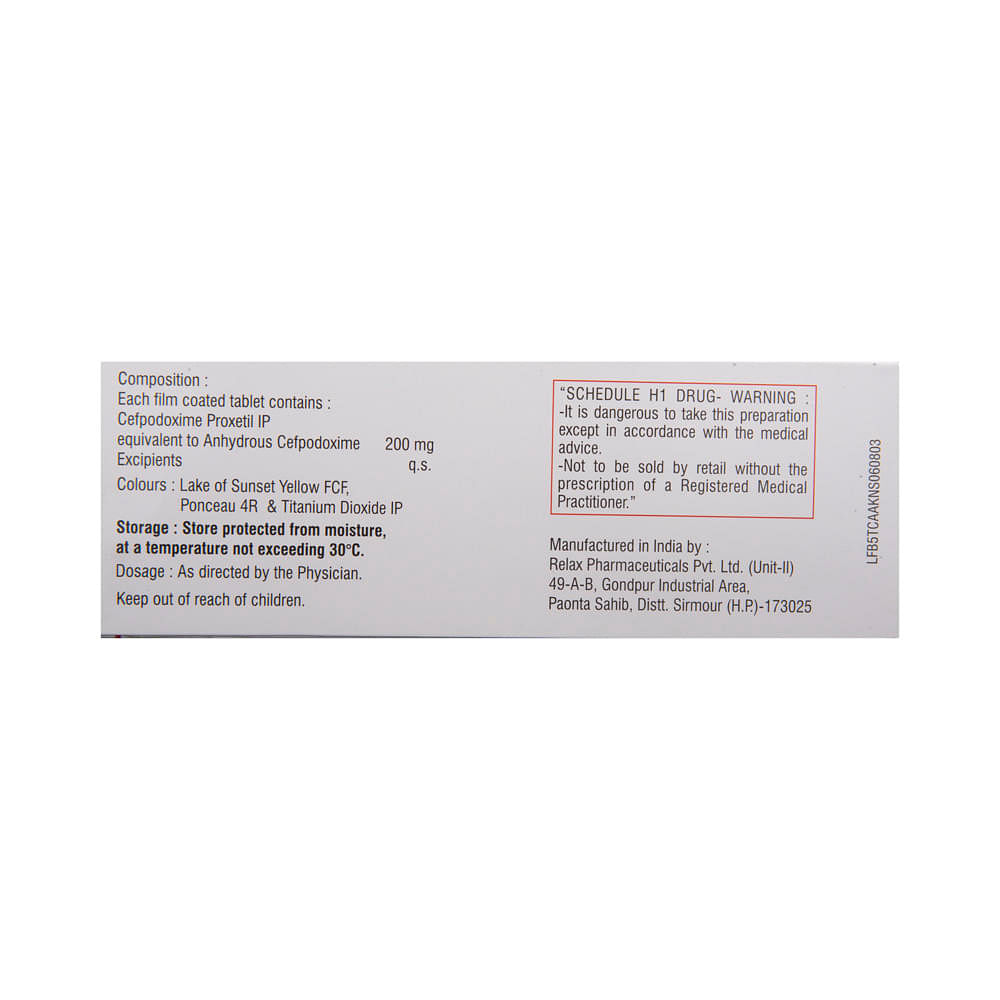
Gudcef-200 Tablet
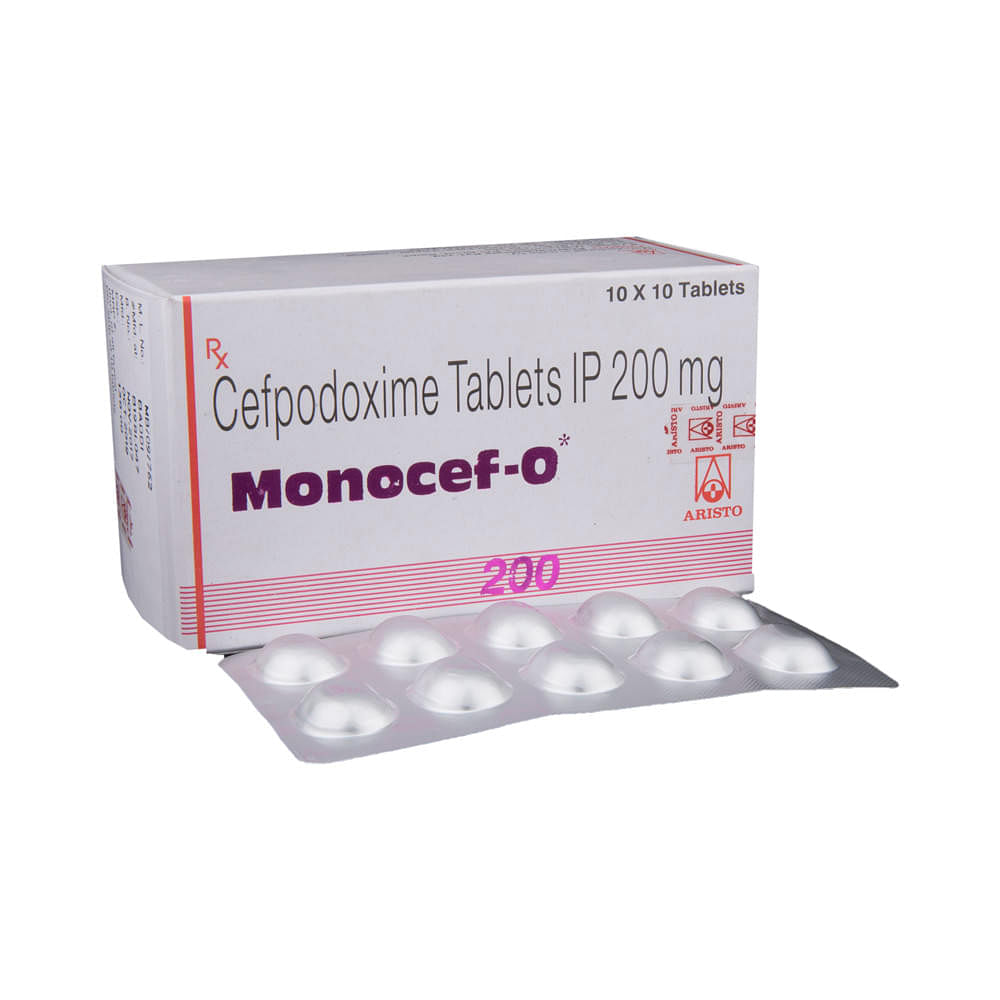
Monocef-O 200 Tablet

Kefpod 200 Tablet

Tufpod 200 mg Tablet

Polypod 200 Tablet

Swich 200 Tablet
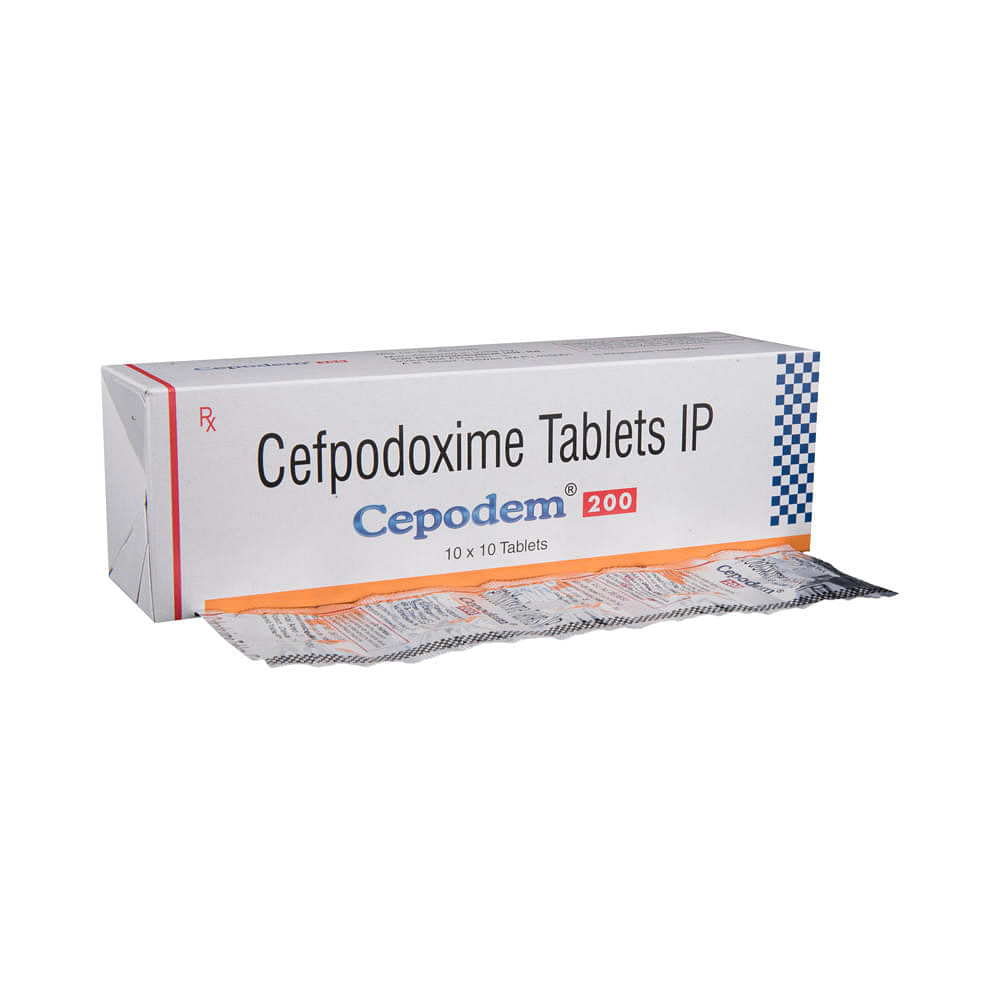
Cepodem 200 Tablet
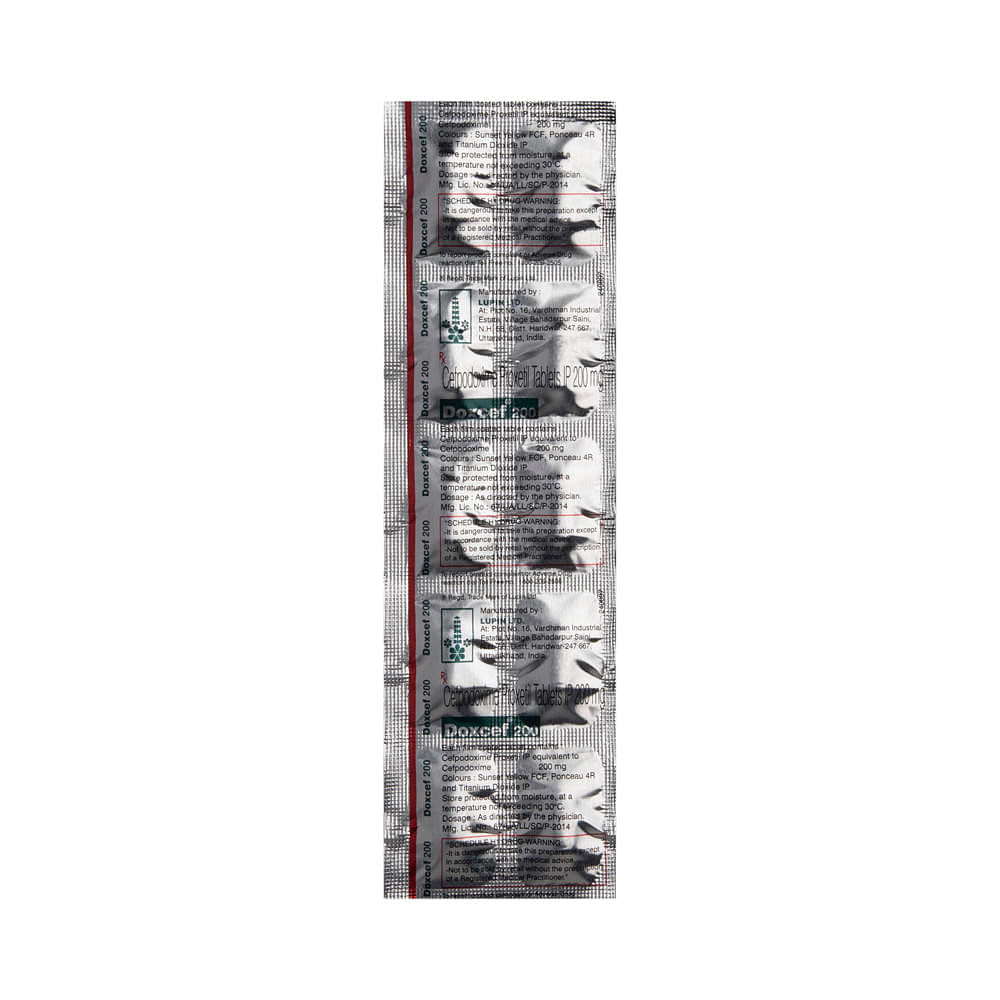
Doxcef 200 Tablet

Cepovise 200mg Tablet

Canyn 200mg Tablet
Frequently asked questions
Is Xtagem 200 Tablet safe to use? Is there a risk of side effects?
Xtagem 200 Tablet is generally considered safe when used at the prescribed dose and duration as advised by your healthcare professional. However, like all medications, it can cause side effects in some people. It is important to follow your doctor's instructions regarding its use and seek medical attention if you experience any adverse effects.
Can Xtagem 200 Tablet cause diarrhea?
Yes, Xtagem 200 Tablet can cause diarrhea as a side effect. This is because it kills harmful bacteria in your body while also affecting the beneficial bacteria in your gut. If you experience persistent diarrhea, consult your doctor.
Is Xtagem 200 Tablet an antibiotic?
Yes, Xtagem 200 Tablet is an antibiotic belonging to a class of antibiotics known as cephalosporins. These antibiotics work by preventing bacteria from growing and spreading.
Can Xtagem 200 Tablet cause constipation?
While not common, Xtagem 200 Tablet may cause constipation in some individuals. However, this side effect is generally transient and can be addressed by increasing fiber intake (such as fruits, vegetables, whole grains), and limiting the intake of fatty and spicy foods.
Can I stop taking Xtagem 200 Tablet before my symptoms are fully gone?
No, do not stop taking Xtagem 200 Tablet prematurely. Even if you start feeling better before the full course is finished, it's crucial to complete the prescribed duration as advised by your healthcare professional for optimal efficacy.
How long does it take for Xtagem 200 Tablet to work?
Xtagem 200 Tablet often begins working soon after you take it. However, complete relief from symptoms may take a few days as the medicine works to eliminate harmful bacteria.
What if I do not get better after using Xtagem 200 Tablet?
If your symptoms don't improve after completing the full course of treatment, inform your doctor. They will be able to assess your condition and determine appropriate follow-up care.
Can Xtagem 200 Tablet treat a UTI?
Yes, Xtagem 200 Tablet may be used to treat urinary tract infections (UTIs). Studies indicate its effectiveness in managing symptoms such as foul-smelling urine, frequent urination, vaginal irritation, vaginal discharge, and stomach pain. However, it's crucial to consult with a doctor for proper diagnosis and prescription.


